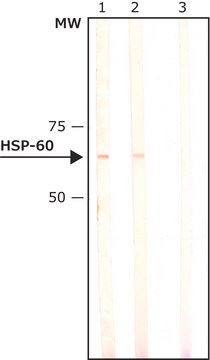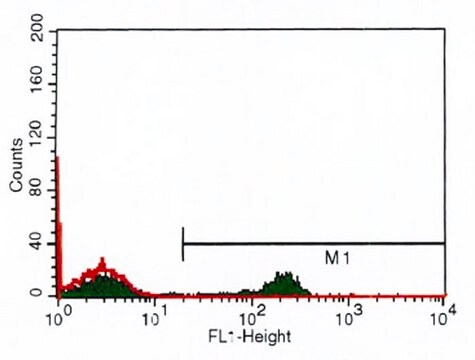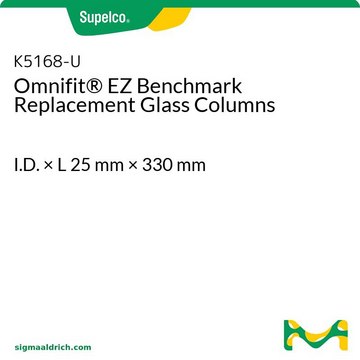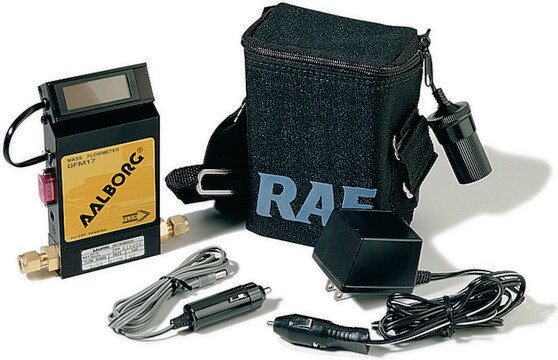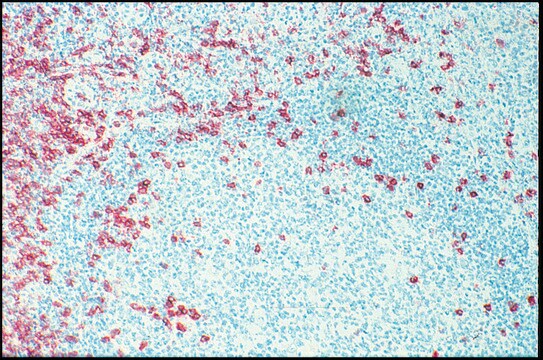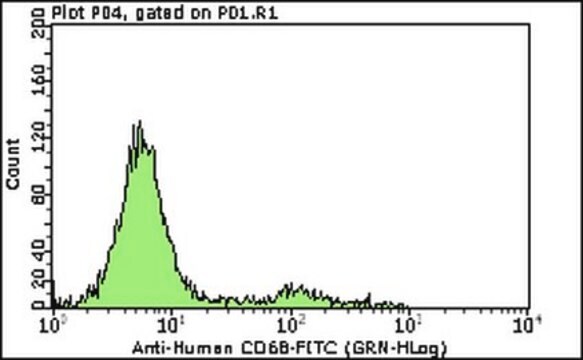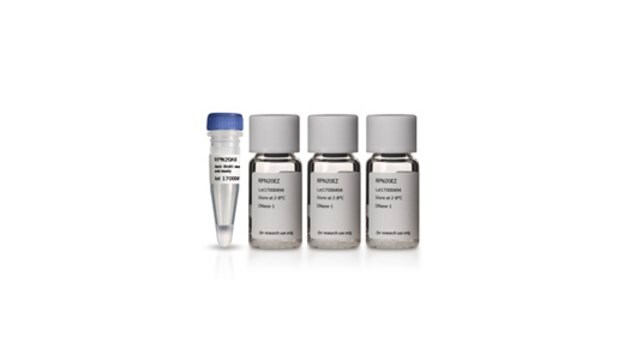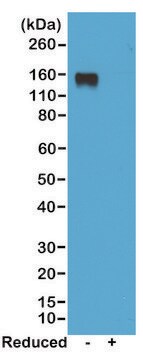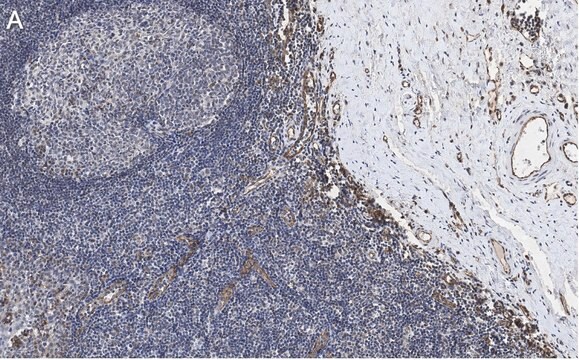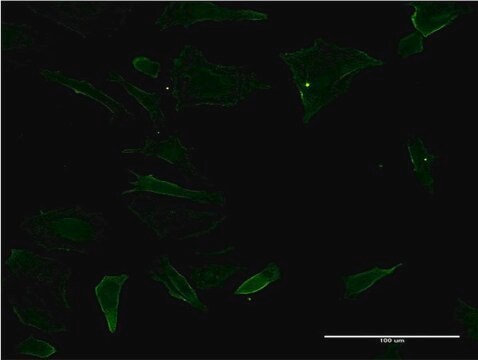MAB4211
Anti-CD34 Class I Antibody, clone B1-3C5
clone B1-3C5, Chemicon®, from mouse
About This Item
Empfohlene Produkte
Biologische Quelle
mouse
Qualitätsniveau
Antikörperform
purified antibody
Antikörper-Produkttyp
primary antibodies
Klon
B1-3C5, monoclonal
Speziesreaktivität
human
Hersteller/Markenname
Chemicon®
Methode(n)
flow cytometry: suitable
immunofluorescence: suitable
Isotyp
IgG1
NCBI-Hinterlegungsnummer
UniProt-Hinterlegungsnummer
Versandbedingung
wet ice
Posttranslationale Modifikation Target
unmodified
Angaben zum Gen
human ... CD34(947)
Spezifität
Cell reactivity (Tindle et al., 1985):
Normal: No reaction with normal peripheral lymphocytes, granulocytes, monocytes, erythrocytes and platelets. Reacts with <4% of cells in normal bone marrow.
Clinical: Reaction
Acute myeloid leukemia (AML, M1 and M2) positive
Null lymphoblastic leukemia (Null ALL) positive
Common acute lymphoblastic leukemia (CALL) positive
Myeloblastic and lymphoblastic crises of chronic
granulocytic leukemia (CGL) positive
Chronic myeloid leukemia (CML) negative
T cell acute lymphoblastic leukemia (TALL) negative
B cell acute lymphoblastic leukemia (BALL) negative
Chronic lymphocytic leukemia (CLL) negative
Cell lines:
Reacts with early myeloblast line KG1. No reaction with null, B or T lymphoid, erythroid or later myeloid cell lines.
Immunogen
Anwendung
Zellstruktur
ECM-Proteine
SUGGESTED USAGE DILUTION
1. Flow cytometry and indirect immunofluorescence 1:25
Dilute with isotonic buffer. Use 50 μl of diluted antibody per 1 x 10E6 peripheral blood mononuclear cells (PBMC) or bone marrow cells in 100 μl of buffer.
2. Indirect immunoperoxidase staining - the final dilution will depend on the assay conditions and detection system employed. However, a dilution of at least 1:25 will be applicable to most commonly used systems.
Physikalische Form
Lagerung und Haltbarkeit
WARNING: The monoclonal reagent solution contains 0.1% sodium azide as a preservative. Due to potential hazards arising from the build up of this material in pipes, spent reagent should be disposed of with liberal volumes of water.
Rechtliche Hinweise
Haftungsausschluss
Sie haben nicht das passende Produkt gefunden?
Probieren Sie unser Produkt-Auswahlhilfe. aus.
Lagerklassenschlüssel
12 - Non Combustible Liquids
WGK
WGK 2
Analysenzertifikate (COA)
Suchen Sie nach Analysenzertifikate (COA), indem Sie die Lot-/Chargennummer des Produkts eingeben. Lot- und Chargennummern sind auf dem Produktetikett hinter den Wörtern ‘Lot’ oder ‘Batch’ (Lot oder Charge) zu finden.
Besitzen Sie dieses Produkt bereits?
In der Dokumentenbibliothek finden Sie die Dokumentation zu den Produkten, die Sie kürzlich erworben haben.
Unser Team von Wissenschaftlern verfügt über Erfahrung in allen Forschungsbereichen einschließlich Life Science, Materialwissenschaften, chemischer Synthese, Chromatographie, Analytik und vielen mehr..
Setzen Sie sich mit dem technischen Dienst in Verbindung.